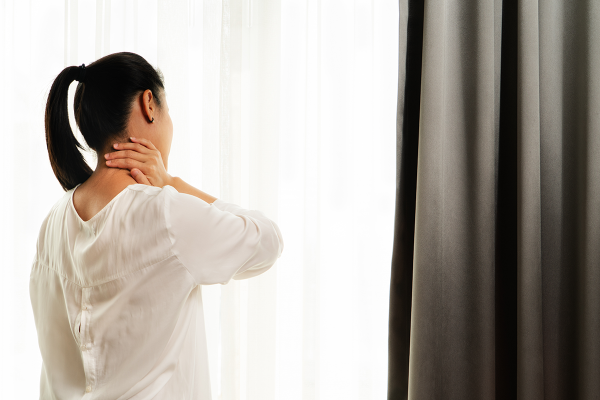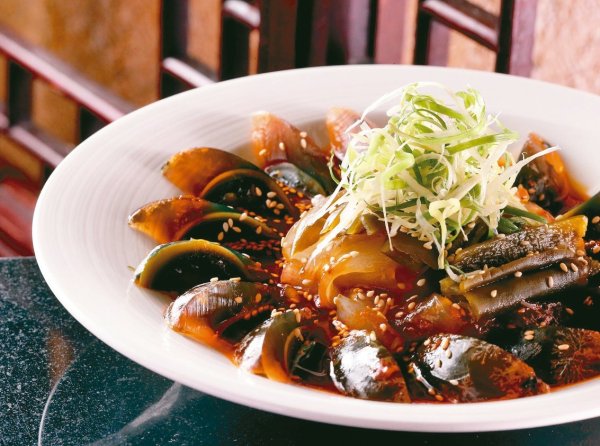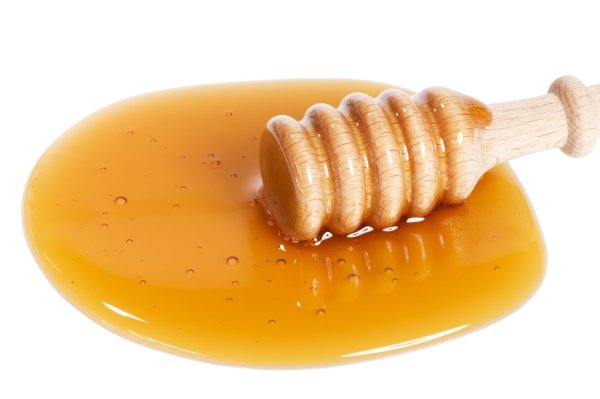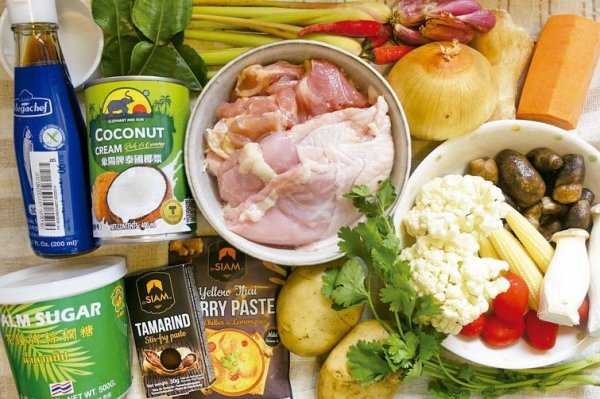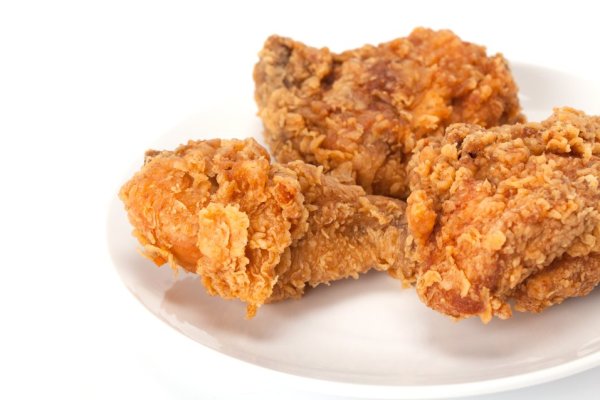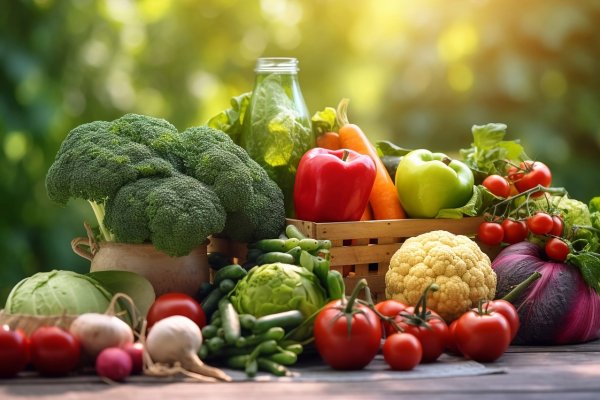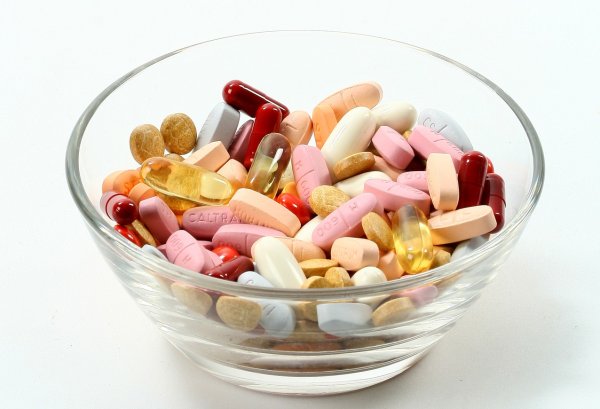What is the difference between matcha and green tea? Nutritionists reveal that drinking matcha is less likely to suffer from insomnia than coffee
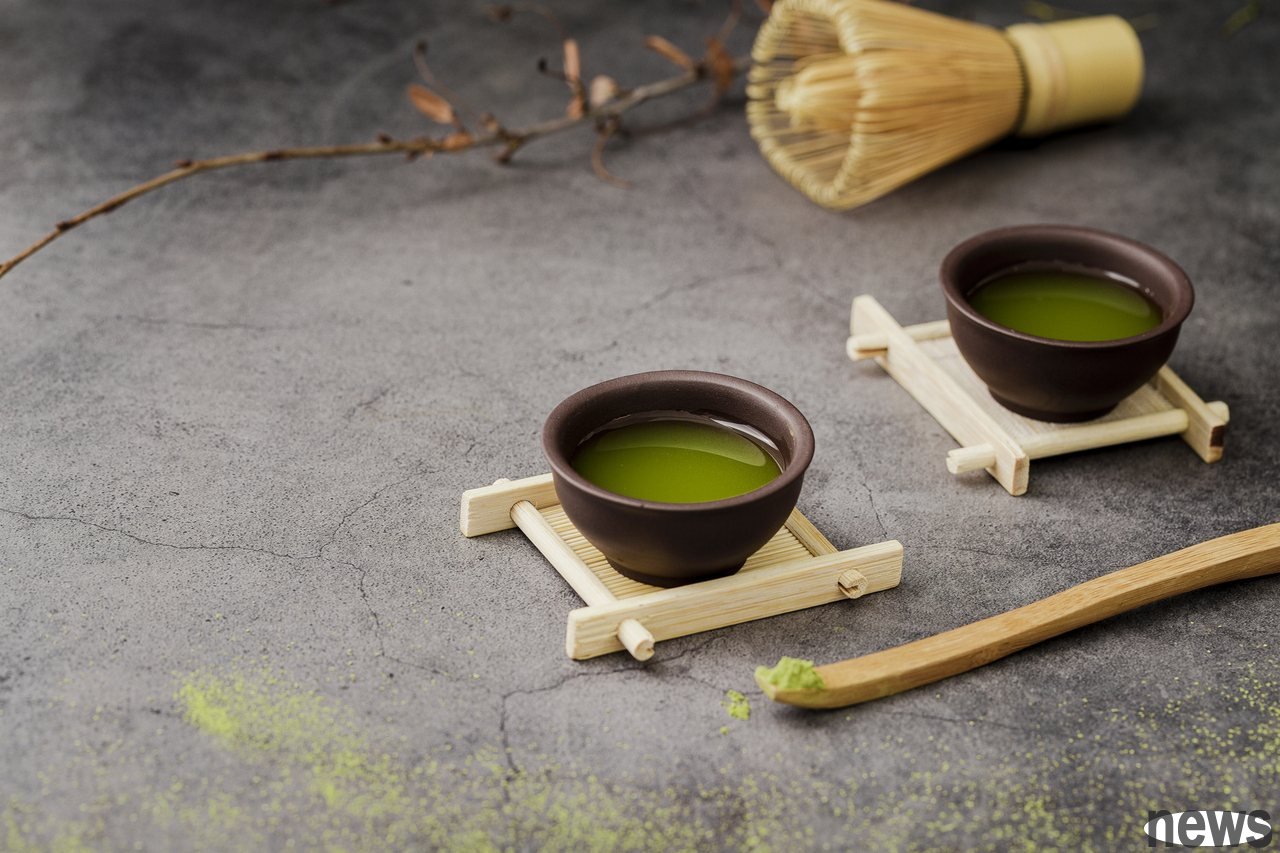
Matcha iron, Matcha cake, Matcha sacred … from traditional Japanese tea ceremony, it has developed into various products, and the charm of Matcha is almost unrivalled. But have you ever been puzzled about how matcha is different from green tea? What are the benefits of matcha? Will there be any side effects after drinking it? Let the nutritionist take you to find out!
Matcha is a type of green tea, but it is not called matcha if ground green tea into powder. The difference between the two is very related from the cultivation of tea trees to the process. The same kind of tea leaves can be made into green tea or matcha. So what steps are different and there are some changes?
{9 Real matcha needs to be cultivated in the dark. In order to make the tea leaves greener and tenderer, matcha will be "blind" about 3 weeks before picking. The covering mask will reduce the sunlight. Due to the limited light, it will cause the tea trees to produce more leaf green and theamines, which will not only make the tea leaves more tender, but also reduce bitterness and sweetness. There are different ways to kill green tea! Sencha is an exceptionAfter the harvest, matcha will immediately "steam the cyanine" and use high-temperature destructive enzymes to prevent the tea leaves from fermenting. Compared with Taiwan's green tea, the process uses "fried green tea", which has a higher temperature and must be stir-fried continuously, resulting in less heat than steamed green tea, and the time required is also longer. The quality of matcha using high temperature steam is more uniform, which can retain more nourishment. However, most of the green tea (sencha) in Japan are made of steamed cyanine, and the classification of matcha and green tea by killing cyanine is not correct.
The difference between matcha green tea is "rolling" and "drying"According to the definition of the Japanese Tea Industry Central Association, matcha is not directly dry after being rolled. This is also a big difference from green tea, which can prevent tea leaf tissue from being damaged and the nutrition is more complete. The dried matcha will be chopped into grinding tea, and then ground into powder with a stone mortar. The unique tea aroma and flavor are deeply affected by the grinding speed and temperature. In other words, perfect matcha needs to be carefully carved, which is why matcha is more expensive.
The benefits of matchaIt is well known that the health care hero of tea is not "tea minced", it is a polyphenol with strong antioxidant properties. The content of EGCG (epigallocatechin gallate) is the most abundant and the activity is also the strongest. EGCG is like a master who captures free radicals. Research has found that it can lower blood sugar, blood lipids, and blood sterols. It is a helping hand to reduce weight and lose weight, and can also prevent cardiovascular diseases and fight cancer.
There are many people who are quarrel about the tea vegetarian content of matcha and green tea. In fact, it depends on the comparison basis. In terms of tea leaves, the tea ingredient of matcha is actually a bit more green tea, provided that matcha and green tea are ground into powder to compare! But generally speaking, we drink green tea, so we can only drink green tea in the nutrients of the soup. In contrast, matcha is to drink complete tea leaves (powder), and we can drink more tea ingredients.
Can you suffer from insomnia by drinking matcha?Another person who is often asked, will you not be able to sleep if you drink matcha? Matcha has a higher caffeine concentration, about 3 times that of green tea, which helps boost the spirit, but unlike coffee, the key to gentleness is "theamine". Therine acid is a source of tea flavor. Its structure is similar to GABA, but it can enter the brain barrier, inhibit excessive nerve excitement, and help relax, so it can reduce the side effects of caffeine. Appropriate use of matcha will not affect sleep, but will increase your concentration!
Nutritionists remind that the daily caffeine intake should not exceed 300 mg. Before buying cans of tea, you should read the nutritional marks carefully. Now, door-to-market mobile beverage stores also require the specification of the amount of caffeine. You can pay more attention to the amount of tea and choose sugar-free products first.
{twenty one} {twenty two}




